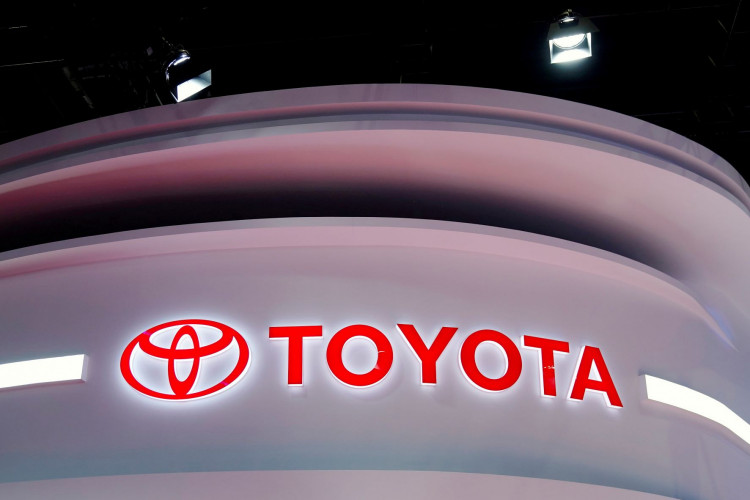In a landmark move that could have far-reaching implications for Japan's economy and monetary policy, Toyota Motor has agreed to give its factory workers their biggest pay increase in 25 years. The decision, announced on Wednesday as part of the annual "shuntō" wage negotiations, is expected to set the tone for wage hikes across Japan Inc. and pave the way for the Bank of Japan (BOJ) to make a key policy shift next week.
Toyota, the world's largest carmaker and a bellwether for the annual talks, fully met its labor union's demands for monthly pay raises of up to 28,440 yen ($193) and record bonus payments. Other major Japanese firms, including Panasonic, Nippon Steel, and Nissan, also agreed to substantial pay increases, with some fully meeting union demands.
"We're seeing strong momentum for wage hikes," said Yoshimasa Hayashi, Japan's chief cabinet secretary, in a news briefing on Wednesday. "It's important that the strong wage hike momentum will spread to small and mid-sized firms."
The wage hikes come as a welcome development for Prime Minister Fumio Kishida, who has made ending years of meager wage growth a top priority to jumpstart feeble consumer spending. Japan's wage increases have lagged well behind the average for the OECD grouping of rich countries.
The BOJ, which has maintained massive stimulus and ultra-low rates for years longer than other developed countries in an attempt to revive a moribund economy, is closely watching the wage talks as a key data point in deciding when to end its negative interest rate policy, in place since 2016. Governor Kazuo Ueda told parliament on Wednesday that the outcome of this year's wage negotiations is "critical" in determining the timing of an exit from the bank's massive stimulus.
Workers at major firms have asked for annual increases of 5.85%, according to Japan's biggest trade union grouping, Rengo. If agreed upon, this would breach the 5% level for the first time in 31 years. Hisashi Yamada, a senior economist at Japan Research Institute and an expert on labor issues, estimated overall increases of 4.2% to 4.3% based on the "quite strong" responses so far, and possibly more than 5% for top firms.
The wage hikes are not limited to large corporations, as smaller manufacturers are also seeing a change in workers' mindsets. The Japanese Association of Metal, Machinery and Manufacturing Workers (JAM), a union representing workers at small manufacturers, reported that pay rises secured for members exceeded expectations.
"The Japanese are finally starting to realise that the gap between wages inside and outside the country is widening significantly," said JAM Chairman Katahiro Yasukochi.
However, the sustainability of such strong pay raises and the extent to which the trend will spread to small and medium-sized companies, which employ seven out of 10 workers in Japan, remains uncertain. These firms have struggled to offer sizeable pay hikes because they have less leverage to pass on costs to clients.
Top companies like Toyota are under pressure from the government to facilitate wage hikes downstream so that real wages, which are adjusted for inflation, can reverse a 22-month streak of consecutive falls. Takanori Azuma, Toyota's chief human resources officer, expressed hope that the company's results could spread to all of its suppliers, but ultimately, wage decisions are up to each individual company.
The wage increases in Japan mirror a growing trend in the U.S., where the United Auto Workers (UAW) negotiated record pay increases from the Detroit Big Three automakers last year. In response, several automakers with non-union factories, including Toyota, Tesla, Volkswagen Group, Nissan, Subaru, and Hyundai Motor Co., have raised their own wages and accelerated pay progression to fend off a growing organizing challenge.
As Japan's economy grapples with historically high inflation and labor shortages, the outcome of this year's "shuntō" wage talks could mark a turning point in the country's economic trajectory and monetary policy. The strong momentum for wage hikes, if sustained and spread to smaller firms, could help revitalize consumer spending and pave the way for the BOJ to normalize its policies after years of unprecedented stimulus.
Reuters and Quartz contributed to this report.






